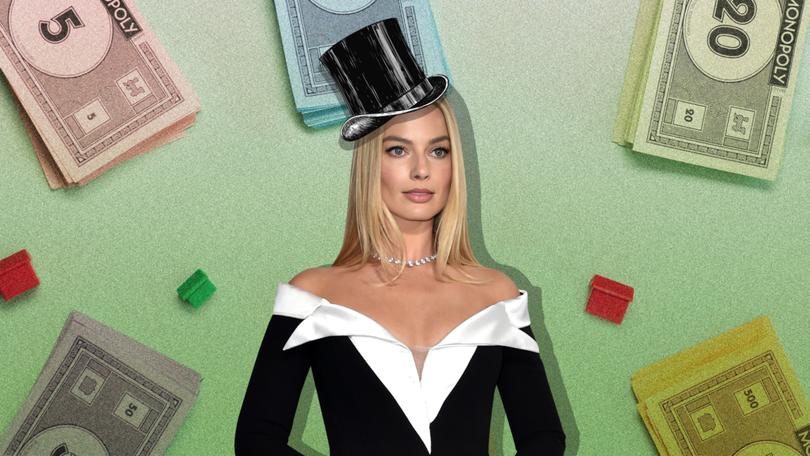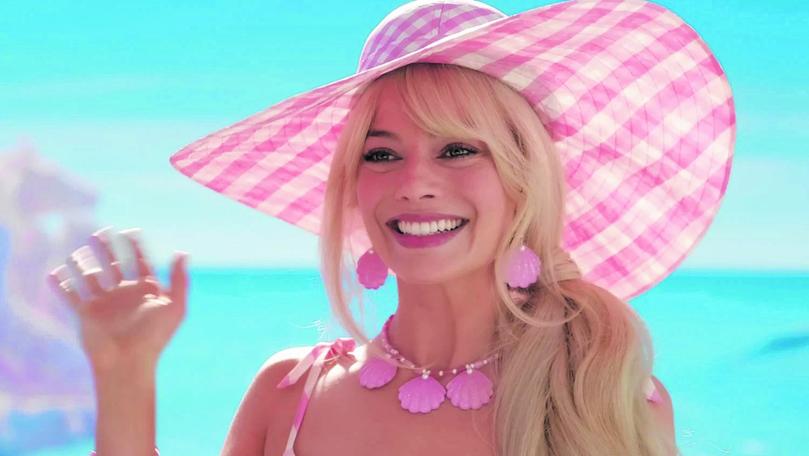WENLEI MA: Margot Robbie’s Monopoly play could end up backfiring
WENLEI MA: Margot Robbie has marked herself as one of Hollywood’s boldest producers. The latest news might dent that reputation.

If there’s one thing that has remained consistent in Hollywood it’s that if something is a big box office success, it’s going to want more of it.
For a business that prides itself on creativity, more often than not, it’s the cold, hard numbers that make the decisions. So, following the critical and commercial hit of Barbie, no one was surprised to hear toy company Mattel had loads of other screen adaptations in the works.
A Barney movie starring Daniel Kaluuya and a Polly Pocket feature from Lena Dunham with Lily Collins in the lead were the least of it.
Sign up to The Nightly's newsletters.
Get the first look at the digital newspaper, curated daily stories and breaking headlines delivered to your inbox.
By continuing you agree to our Terms and Privacy Policy.Barbie’s triumph is in part due to the decades-old brand’s familiarity with audiences, but its legacy was as much an obstacle as it was a boon. What made it work was the combined vision of its co-writer and director Greta Gerwig and its star and producer Margot Robbie.
Last year, at least one person was saying publicly what many others were sharing privately. Actor and filmmaker Randall Park said during an interview with Rolling Stone, “I feel like, just in general, this industry is taking the wrong lessons.
“For example, Barbie is this massive blockbuster, and the idea is: Make more movies about toys! No. Make more movies by and about women. It’s Greta Gerwig!”

Obviously, movies about toys can be by and about women, the two are not mutually not exclusive but the news today that Robbie’s production company LuckyChap has signed a deal with Hasbro to make a movie based on Monopoly feels a lot like more movies about toys.
It would be less notable if it didn’t come on the heels of the news LuckyChap was producing a film based on The Sims video game. That was only two weeks ago. It’s also attached to an in-the-works adaptation of the Disneyland ride Big Thunder Mountain Railroad.
Combined, it paints a picture that LuckyChap is very quickly charting a course that relies heavily on existing intellectual property, and very specifically in the branded games, toys and experience space.
For a production company that has shown boldness in championing female-focused or female-led original storytelling – Promising Young Woman, Dollface, Maid – it, and Robbie who is very much its public face, now risk being pigeonholed as the people who like toy movies.
Robbie and LuckyChap have shown they have good commercial instincts, and it’s tempting to try and replicate Barbie’s success but something that was audacious and fresh the first time is really again a second, third or fourth time.
Especially when every producer in your industry is chasing that same wave. Robbie may have been the pioneer but by following a trend she started, she’ll end up looking staid and out of ideas.

